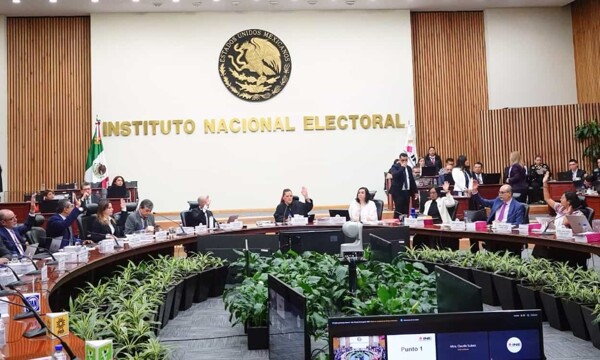
Different governments obtain their revenues mainly from taxes, fines, and the sale of permits and licenses. Some developed countries, such as the Nordic countries, Ireland, Switzerland, and China, have reduced taxes and facilitated business creation to increase their revenues. In contrast, the Mexican government is experiencing a structural fiscal deficit due to the creation of numerous programs and subsidies without clarity about the corresponding sources of income.
"Excessive taxes could decrease consumption and production, harming tax collection," experts say. One proposed solution is to restrict the independence of the central bank to finance public debt, which could lead to high inflation. In this context, it is crucial to implement measures to reduce the fiscal deficit and maintain economic stability.
The reduction of private investment as a consequence of the fiscal deficit will contribute to economic stagnation and a decrease in tax collection, intensifying the vicious cycle that the country has been in for past decades. This economic weakness will hinder the country's ability to face challenges from abroad, such as pressure from a neighboring government and ongoing global de-globalization.
If the fiscal deficit persists, it is likely that the federal government will seek to compensate by reducing transfers and contributions to the states. It is essential to remember that governments do not generate wealth but obtain it from citizens and businesses. The lack of focus on key government priorities such as citizen security and the provision of public services has created an imbalance between spending and available revenues.
State-owned enterprises often operate like monopolies, charging high prices and recording losses, as is the case with Pemex and the electricity company in Mexico. The lack of appropriate incentives leads to inefficient management of these government entities. It is crucial for rulers to wisely manage spending to avoid damaging the internal economy of the countries.
The high public deficit will result in increased issuance of both domestic and external debt, which will put upward pressure on interest rates. Despite the exceptional revenues generated by the oil sector in previous decades, the country currently faces financial challenges that require prudent and sustainable fiscal decisions.














